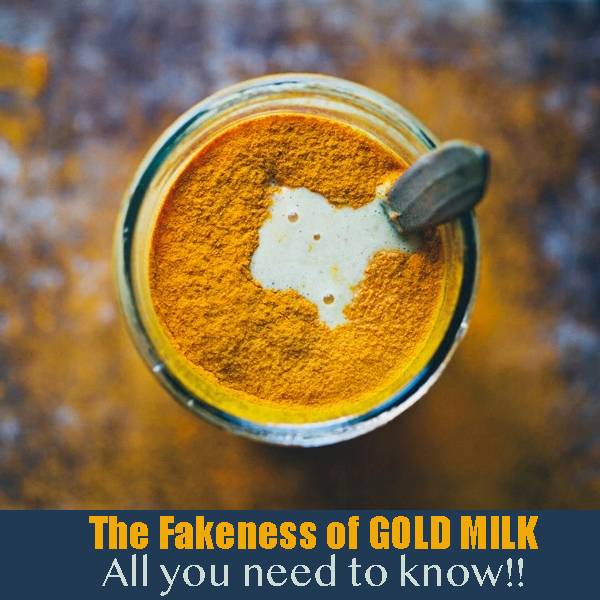-
August 4th, 2021Foods That Complicate Asthma
In order to discuss the effect of food on asthma, it is important to understand what causes Asthma. The word “asthma” comes from a Greek term meaning “without breath.” It refers to difficulty breathing. Asthma can trigger by common allergies such as dust mites or pet hair, smoke inhalation, cold air, exercise, or pollen in… Continue reading Foods That Complicate Asthma
-
August 4th, 2021Chronic Inflammatory Demyelinating Polyneuropathy: Complicated Neuropathy
Chronic Inflammatory demyelinating polyneuropathy, more commonly known as CIDP or PNS is a progressive neurological disorder that selectively affects the peripheral nerves. It often starts with pain and tingling in one hand or foot but eventually spreads to other areas of the body. Here we will discuss the Ayurvedic cure for Chronic Inflammatory demyelinating polyneuropathy/CIDP.… Continue reading Chronic Inflammatory Demyelinating Polyneuropathy: Complicated Neuropathy
-
August 3rd, 2021Ayurvedic Cure For Childhood Asthma: A complete solution
When you see your child suffocating, it is very disappointing being a parent. The major helplessness is because you cannot help the kid. Childhood Asthma is a major problem nowadays. And most of the time we circle on- pollution and all alone. But there are many factors, other than pollution (no doubt, pollution is a… Continue reading Ayurvedic Cure For Childhood Asthma: A complete solution
-
August 2nd, 202110 Things Which You Should Avoid With Sjogren’s syndrome
Sjogren’s syndrome is an autoimmune disease that can cause dry eyes and dry mouth. It mainly affects middle-aged women, but it rarely strikes men. Here we will discuss the 10 things which you should avoid with Sjogren’s syndrome. Unlike most other autoimmune diseases, Sjogren’s is primarily a systemic condition. That means it involves more than… Continue reading 10 Things Which You Should Avoid With Sjogren’s syndrome
-
July 28th, 2021How to Live with Genetic Problems?
A recent study suggests people with certain genetic problems can try to adjust their lifestyle accordingly and live as a healthy life as possible. Researchers from the University of Leicester found that more than one in seven people (14%) have a gene problem that potentially could lead to future health problems or conditions, such as… Continue reading How to Live with Genetic Problems?
-
July 28th, 2021How Do Doshas Cause Colitis
When it is about Ayurveda. It is all about the Doshas alone. The basic problem with many diseases is, we cannot pin-point which dosha is it, for a diseased condition. When we cannot pinpoint this, we make mistakes in selecting the right medicine and right treatment for the condition. The same happens in the case… Continue reading How Do Doshas Cause Colitis
-
July 25th, 2021The 10 Things You Should Never Do with Ankylosing Spondylitis?
Ankylosing spondylitis is a chronic and crippling form of arthritis that mainly affects the spine, pelvis, and sacroiliac joints. Because it’s an inflammatory condition in which bones fuse together (hence ‘ankylos,’ meaning joined or fused). Because of this patients with AS can suffer from intense back pain during flare-ups. Ankylosing spondylitis is affecting around one… Continue reading The 10 Things You Should Never Do with Ankylosing Spondylitis?
-
July 24th, 2021Don’t Give Up to Ankylosing Spondylitis: Ayurveda is here
Ankylosing Spondylitis is a long-term, progressive form of inflammatory arthritis. It causes inflammation and stiffness in one or more areas of the spine (vertebrae). Over time, this leads to a loss of mobility and an increased risk of bone fusion (arthritis) between vertebrae. This can result in a stooped posture (kyphosis) and limited movement of… Continue reading Don’t Give Up to Ankylosing Spondylitis: Ayurveda is here
-
July 22nd, 20219 Steps for Ulcerative Colitis Relief via Ayurveda
This blog post is about ulcerative colitis relief via Ayurveda. Ayurveda is a traditional Indian medicine is in practice for over three thousand years. It focuses on the use of natural remedies to heal and prevent disease, such as ulcerative colitis. Ulcerative colitis is an inflammatory bowel disease that can have debilitating effects on people’s… Continue reading 9 Steps for Ulcerative Colitis Relief via Ayurveda
-
April 25th, 2020All You Need to Know About Treatment of MS
Complicated diseases have complicated questions. And these questions come from mis-information which float around us in the digital world. With this information, patient collects- a lot of queries gather in mind of a patient. We asked these questions from Dr. Pardeep one by one. These questions will help you to understand approach of Ayurveda for… Continue reading All You Need to Know About Treatment of MS















